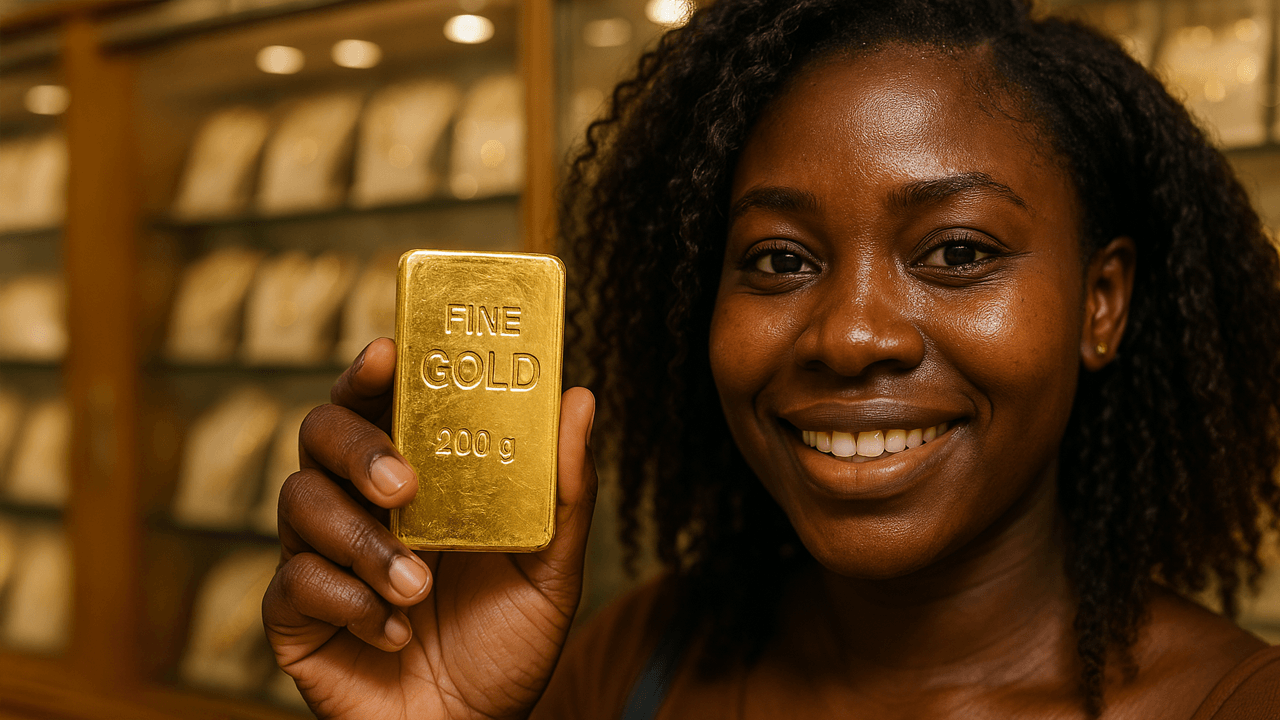How the Nation is Fighting Illegal Exports With Tech
Did you know Ghana has started using blockchain technology to trace gold exports in real time? This bold move might just change the future of responsible mining across Africa.
- Ghana exported 11.62 grams of gold fully traced on blockchain from Obeng Mine.
- Partnership with UK-based Minexx and Solidaridad strengthens ethical sourcing.
- The Bank of Ghana and other agencies now have real-time access to gold data.
Let’s break down why this is a game-changing development for Africa’s mining sector, and what it means for Ghana’s economy, global buyers, and local miners.
Ghana Gold Blockchain System: What’s Happening & Why It Matters
Ghana's gold blockchain system is revolutionizing how the country monitors and exports its gold. In a pilot project, Ghana successfully exported 11.62 grams of gold, fully traceable via blockchain, from the Obeng Mine in the Ashanti Region.
This initiative is a joint effort between the Government of Ghana, Minexx (a UK tech firm), and civil society group Solidaridad. Their goal? Ensure traceability, transparency, and ethical mining.
Key Takeaways:
- Every gram of gold can now be tracked from mine to market.
- The blockchain platform prevents tampering and illegal exports.
- Government bodies like the Bank of Ghana and the Ministry of Finance have real-time oversight.
According to CoinTrust, this is a major step in leveraging Web3 tools for national economic security.
How Ghana’s Blockchain Gold Export Will Shape Africa’s Future
Ghana gold blockchain integration has long-term implications for Africa’s resource management. The initiative aligns with the growing global demand for ethically sourced minerals and could serve as a model for other African nations.
Expert-Backed Predictions:
- Local miners gain direct access to international buyers.
- Illegal smuggling gets harder as transparency improves.
- Global investors are more willing to trade with ethical sources.
Platforms like modernenergyandmines.com report that blockchain in mining could boost GDP and investor trust across Africa.
Lessons From the Past—Has This Happened Before?
While similar traceability efforts exist in cobalt mining in the DRC, Ghana’s gold blockchain rollout is one of the first government-backed implementations in West Africa.
Infographics from Africa Briefing suggest up to 30% of gold exports previously went untraced—a major loss to Ghana’s economy.
What Experts Are Saying About Ghana’s Gold Tracking Initiative
Ghana gold blockchain technology has caught the attention of industry leaders and civil society watchdogs.
“This level of transparency is exactly what the global gold market needs,” says Alex Urquhart, former CEO of GE Energy Financial Services.
How This Affects You—Actionable Insights:
- If you're a miner: Partner with platforms like Minexx to gain global credibility.
- If you're a buyer: Verify your gold’s origin via blockchain for ethical assurance.
- If you're a policymaker: Push for blockchain tracking in other sectors like oil or cocoa.
The Bigger Picture—Ghana’s Move & Global Trends
Ghana gold blockchain tracking is more than just a tech upgrade—it’s a strategic shift in how nations can reclaim value from natural resources.
This move ties into:
- Global ESG (Environmental, Social, Governance) investing standards.
- The fight against conflict minerals in developing nations.
- Africa’s digital transformation agenda.
Conclusion: The Lasting Impact of Ghana’s Gold Blockchain Innovation
Ghana gold blockchain technology isn’t just a local experiment—it’s a blueprint for resource-rich countries to fight corruption, boost transparency, and empower small-scale miners.
💬 How do you think blockchain can transform other sectors in Ghana or Africa? Drop your thoughts below and share this with someone in the mining or tech world!

